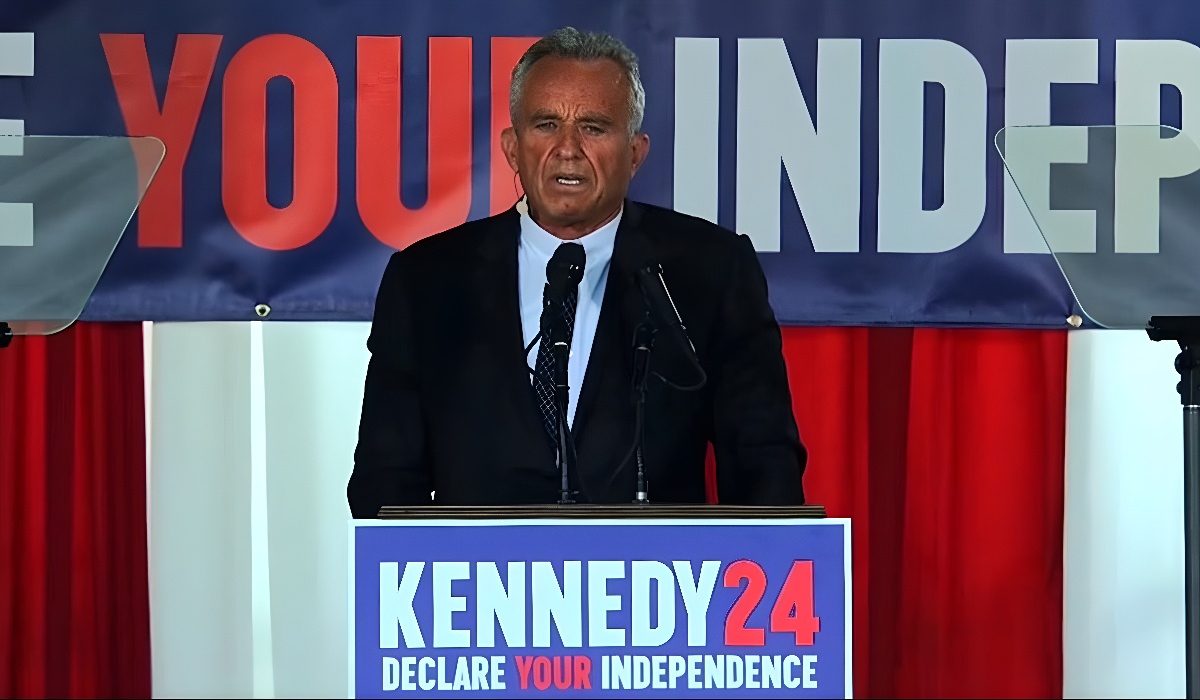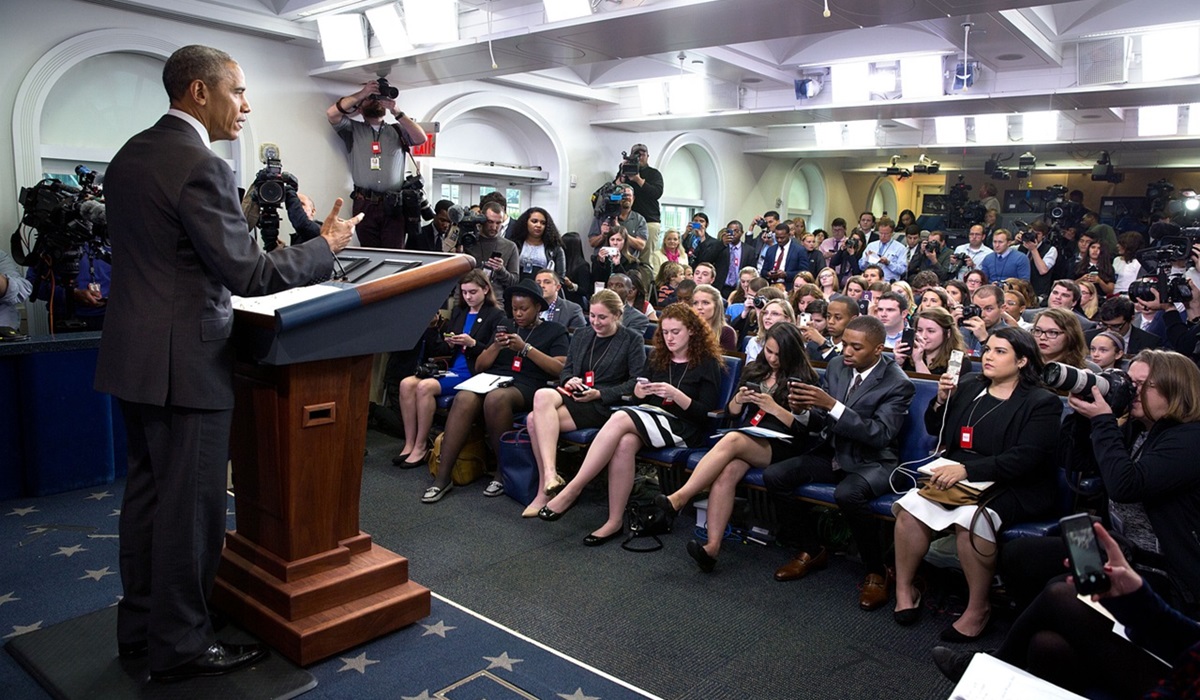In the American political landscape, the emergence of a credible third-party candidate has long been a dream for many who feel disillusioned with the two-party system. Historically, candidates from outside the Democratic and Republican parties have struggled to gain traction, but they have occasionally sparked hope for a more diverse political dialogue. Kennedy Jr., with his storied family name and initially broad appeal, seemed poised to be such a candidate. However, his recent appearance on The Young Turks (TYT) with Cenk Uygur has all but extinguished that hope, revealing a candidate woefully unprepared for the national stage and riddled with inconsistencies and controversial positions.
Kennedy’s interview with Uygur was nothing short of an embarrassment. What was expected to be an opportunity for him to articulate his vision and solidify his standing as a serious contender instead highlighted his profound inadequacies. From backtracking on previous statements to displaying a striking lack of coherence on key issues, his performance was a stark reminder of the challenges third-party candidates face when attempting to break into the mainstream.
One of the most glaring issues was his inconsistent stance on the Israel-Palestine conflict. When pressed by Uygur on his past comments and positions, Kennedy squirmed and obfuscated. His inability to provide clear and consistent answers was not just a political misstep but a significant disservice to his campaign’s credibility. His contradictory statements on Palestine—pro-Palestine at one event and pro-Israel at another—painted a picture of a candidate willing to say whatever was convenient for his immediate audience.
The campaign benefits significantly from its iconic family name, a powerful symbol in American politics. This legacy evokes nostalgia and reverence, particularly among older voters who recall the Camelot era of John F. Kennedy. However, it has also burdened Kennedy Jr. with high expectations he has consistently failed to meet.
Without the Kennedy name, it is unlikely that he would have garnered significant attention or recognition. His public persona has often been more associated with controversial views and conspiracy theories than with substantive policy positions. This disconnect between the reverence of his family name and his personal political identity has become increasingly apparent, particularly during critical moments such as his appearance on TYT.
Kennedy’s candidacy has also been marred by accusations of being a propagandist, allegedly bought and paid for by right-wing interests, including pro-Israeli lobbies. This perception was only strengthened during his interview with Uygur, where he repeated several Zionist talking points uncritically. His claims, such as denying the existence of apartheid in Palestine and misrepresenting the situation in Gaza, were not only factually inaccurate but also indicative of a candidate who lacks a deep understanding of international affairs.
Moreover, his unwillingness to engage with hard-hitting left-wing media outlets that could hold him accountable suggests a candidate who is more comfortable in controlled environments. This avoidance of rigorous scrutiny is troubling for someone seeking the highest office in the land. It implies a lack of preparedness and a fear of being challenged on his views—traits unbecoming of a potential president.
The American political system is in desperate need of viable third-party candidates who can offer genuine alternatives to the dominant Democratic and Republican parties. Many voters feel trapped in a binary choice that does not fully represent their views or interests. A credible third-party candidate could invigorate the political discourse, introduce new ideas, and push the major parties to address issues they might otherwise ignore.
Unfortunately, Kennedy Jr. has demonstrated that he is not the candidate to fulfill this role. His recent performance on TYT was a stark illustration of his limitations. Rather than presenting a coherent and compelling vision for America, he came across as inconsistent, ill-prepared, and overly influenced by special interests. His inability to handle even moderate scrutiny suggests that he would struggle on the global stage, where the stakes are infinitely higher.
Kennedy’s faltering campaign is a missed opportunity for those who advocate for a more pluralistic political system. His initial appeal as a third-party candidate with a famous name brought hope to many who are eager for change. However, his subsequent performances and revelations about his political alliances have dashed these hopes.
A third-party candidate must be able to stand firm in their convictions, articulate their positions clearly, and withstand the pressures of intense scrutiny. Kennedy has failed on all these fronts. His wishy-washy stances and propensity to backtrack under pressure reveal a candidate who is not ready for the responsibilities of leadership.
For the future of third-party politics in America, the lesson from Kennedy Jr.’s campaign is clear: a name alone is not enough. Voters need candidates who are not only well-versed in policy but also demonstrate integrity, consistency, and the ability to withstand rigorous scrutiny. The American electorate deserves better than a candidate who falters under pressure and fails to articulate a coherent vision.
Kennedy Jr.’s presidential bid as a third-party candidate seems to have reached its end. His disastrous interview on TYT with Cenk Uygur has highlighted significant weaknesses and damaged his credibility. While the hope for a viable third-party challenger persists, it’s evident that Kennedy isn’t the candidate to fulfill that role. Americans deserve a leader capable of withstanding scrutiny, articulating a clear vision, and maintaining consistent principles—qualities Kennedy, unfortunately, has not displayed.









